In a blog from Brian Marick I saw this: The American Dialect Society voted "truthiness" the 2005 word of the year. It "refers to the quality of preferring concepts or facts one wishes to be true, rather than concepts or facts known to be true." On a private level that may be well and good. However, the older I get the more that I am aware that “no man is an island.” In other words, in some small way we affect on another.
Therefore, if you are my family doctor, don’t use that in your medical practice. If you are my employer, do not use “truthiness” when you calculate my pay. If you are a civil engineer, do not go about “preferring concepts or facts one wishes to be true” when engineering the bridges I drive over.
Brian goes on to show that in the development of code, more tests are the answer to “preferring concepts or facts one wishes to be true, rather than concepts or facts known to be true”, not ignoring the facts.
And yes, when designing software, more tests please, and less "truthiness."
